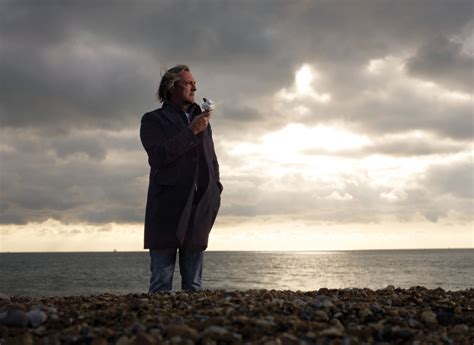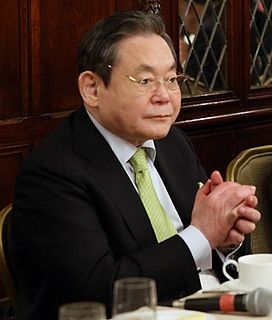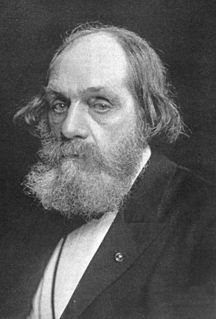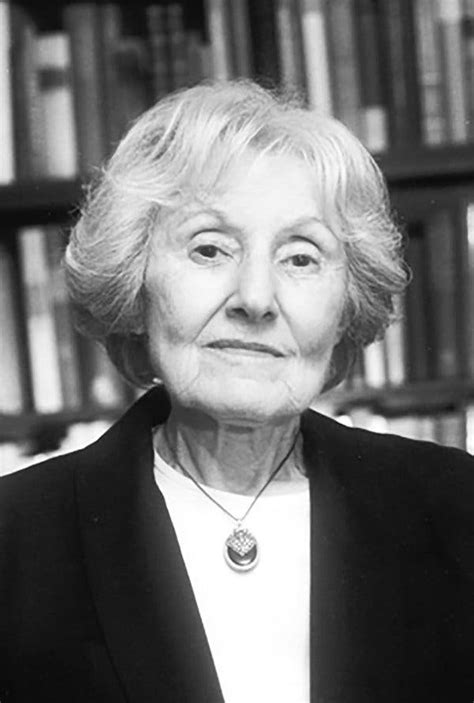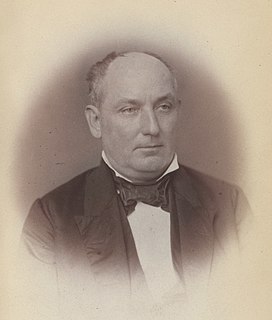Top 1200 History Class Quotes & Sayings
Explore popular History Class quotes.
Last updated on April 17, 2025.
The history of mankind is a history of the subjugation and exploitation of a great majority of people by an elite few by what has been appropriately termed the 'ruling class'. The ruling class has many manifestations. It can take the form of a religious orthodoxy, a monarchy, a dictatorship of the proletariat, outright fascism, or, in the case of the United States, corporate statism. In each instance the ruling class relies on academics, scholars and 'experts' to legitimize and provide moral authority for its hegemony over the masses.
You see, when you're middle class, you have to live with the fact that history will ignore you. You have to live with the fact that history can never champion your causes and that history will never feel sorry for you. It is the price that is paid for day-to-day comfort and silence. And because of this price, all happinesses are sterile; all sadnesses go unpitied.
When the Democrats are attacked for [inciting class warfare] they shrink back. They don't say what obviously should be said, "Yes, there is class warfare. There has always been class warfare in this country." The reason the Democrats shrink back is because the Democrats and the Republicans are on the same side of the class war. They have slightly different takes. The Democrats are part of the upper class that is more willing to make concessions to the lower class in order to maintain their power.
The People's democratic dictatorship needs the leadership of the working class. For it is only the working class that is most far-sighted, most selfless and most thoroughly revolutionary. The entire history of revolution proves that without the leadership of the working class revolution fails and that with the leadership of the working class revolution triumphs.
As thinkers, mankind has ever divided into two sects, Materialists and Idealists; the first class founding on experience, the second on consciousness; the first class beginning to think from the data of the senses, the second class perceive that the senses are not final and say, The senses give us representations of things, but what are the things themselves, they cannot tell. The materialist insists on facts, on history, on the force of circumstances and the animal wants of man; the idealists on the power of Thought and Will, on inspiration, on miracle, on individual culture.
The more powerful the class, the more it claims not to exist, and its power is employed above all to enforce this claim. It is modest only on this one point, however, because this officially nonexistent bureaucracy simultaneously attributes the crowning achievements of history to its own infallible leadership. Though its existence is everywhere in evidence, the bureaucracy must be invisible as a class. As a result, all social life becomes insane.
They tell us that we live in a great free republic; that our institutions are democratic; that we are a free and self-governing people. That is too much, even for a joke. ... Wars throughout history have been waged for conquest and plunder... And that is war in a nutshell. The master class has always declared the wars; the subject class has always fought the battles.
Governments, if they endure, always tend increasingly toward aristocratic forms. No government in history has been known to evade this pattern. And as the aristocracy develops, government tends more and more to act exclusively in the interests of the ruling class -- whether that class be hereditary royalty, oligarchs of financial empires, or entrenched bureaucracy.
Very few college professors want high school graduates in their history class who are simply "gung ho" and "rah-rah" with regard to everything the United States has ever done, have never thought critically in their life, don't know the meaning of the word "historiography" and have never heard of it. They think that history is something you're supposed to memorize and that's about it. That's not what high school, or what college history teachers want.
There should be a class on drugs. There should be a class on sex education-a real sex education class-not just pictures and diaphragms and 'un-logical' terms and things like that.....there should be a class on scams, there should be a class on religious cults, there should be a class on police brutality, there should be a class on apartheid, there should be a class on racism in America, there should be a class on why people are hungry, but there are not, there are classes on gym, physical education, let's learn volleyball.
They don't really focus on that history here in America. I remember growing up as a kid, history class was very washed-over. They didn't really get into the gritty bits of slavery. It's a very, very small section in the history books. It's not something they really touch on directly with American curriculums.
The Marxist combination of materialism and determinism is fatally anti-humanistic. It denies a consciousness, a mind, that is independent of material conditions and class relations. It denies a will and volition that are capable of shaping the course of history. It denies an individuality that is not reducible to class. It denies both the idea and the reality of freedom, a freedom that is something more than the "bourgeois" freedom to buy and sell. It denies a morality that transcends class interests. And it denies the spirituality of man.
The State did not originate in any form of social agreement, or with any disinterested view of promoting order and justice. Far otherwise. The State originated in conquest and confiscation, as a device for maintaining the stratification of society permanently into two classes-an owning and exploiting class, relatively small, and a propertyless dependent class. . . . No State known to history originated in any other manner, or for any other purpose than to enable the continuous economic exploitation of one class by another.
When I went to high school - that's about as far as I got - reading my U.S. history textbook, well, I got the history of the ruling class. I got the history of the generals and the industrialists and the presidents that didn't get caught. How 'bout you? I got all of the history of the people who owned the wealth of the country, but none of the history of the people that created it.
In all social systems there must be a class to do the menial duties, to perform the drudgery of life. That is, a class requiring but a low order of intellect and but little skill. Its requisites are vigor, docility, fidelity. Such a class you must have, or you would not have that other class which leads progress, civilization, and refinement.
It is in Rousseau's writing above all that history begins to turn from upper-class honour to middle-class humanitarianism. Pity, sympathy and compassion lie at the centre of his moral vision. Values associated with the feminine begin to infiltrate social existence as a whole, rather than being confined to the domestic sphere.















